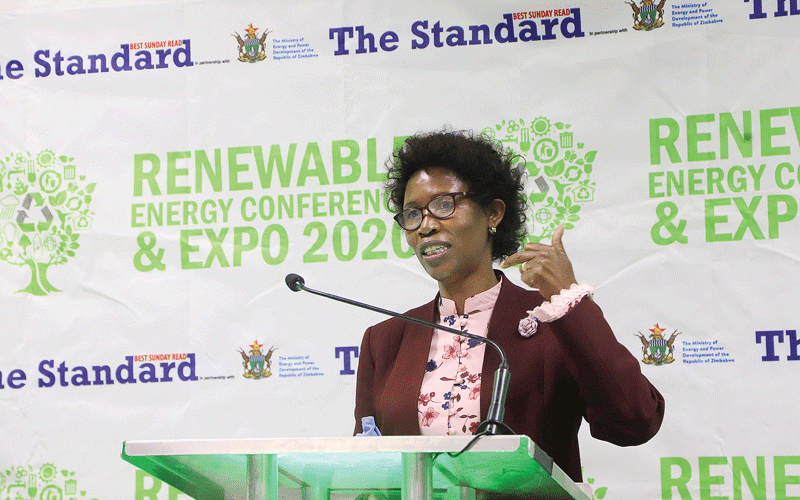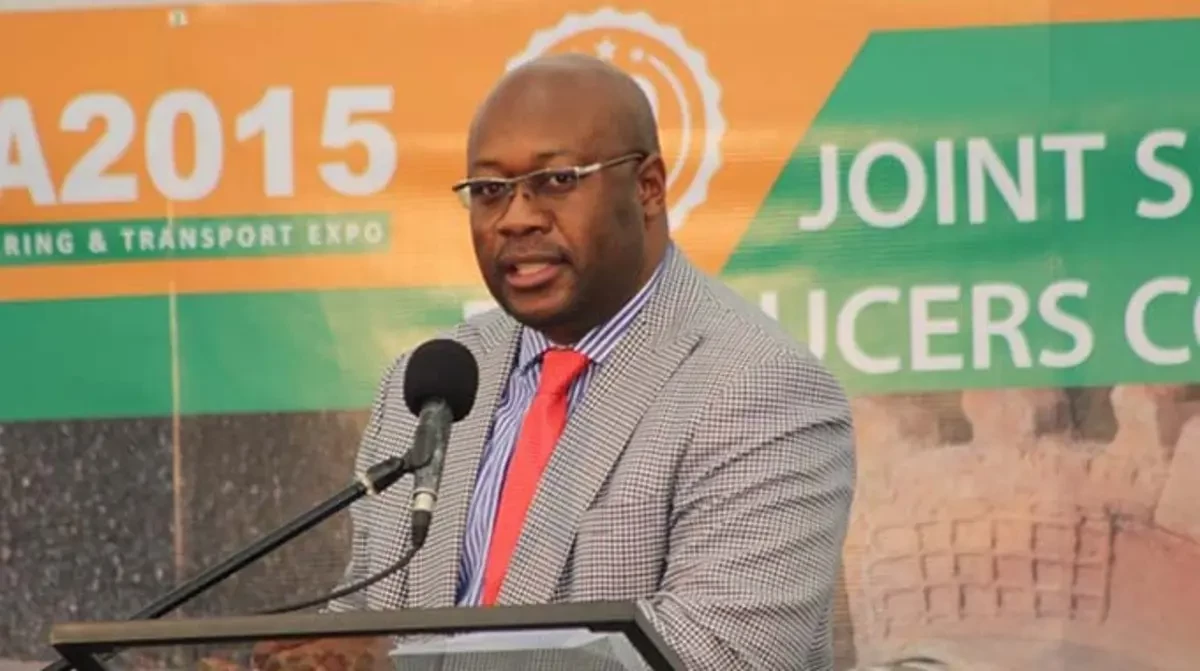
BY KUDAKWASHE TAGWIREYI THE National Biotechnology Authority of Zimbabwe (NBA) says all ports of entry were being capacitated to ensure that no harmful genetically-modified organisms (GMOs) enter the country.
Speaking at a bio-safety consultative workshop in Harare last week, NBA chief executive Deckster Tony Savadye said: “We still have a long way to go, but I can’t say it is a desperate situation as our systems detect the movement of these living modified organisms. But we just want to improve so that we become foolproof.”
Savadye said the Cartagena Protocol on Biosafety allows all countries in the world to disclose and conduct all the activities with a view of making sure that they benefit from biotechnology.
“But there are also some bio-safety concerns that have to be addressed. So the protocol looks at the capacity of each member country to address bio-safety issues related to what the products of bio-technology can do to the environment, especially those that are modified genetically,” he said.
Zimbabwe has been party to the Cartagena Protocol on Bio-safety since May 26, 2005, although it is not yet a member State to the Nagoya-Kuala Lumpur Supplementary Protocol adopted in Nagoya, Japan, in October 2010.
The Nagoya-Kuala Lumpur Supplementary Protocol provides international rules and procedures in the field of liability and redress relating to living modified organisms.
Zimbabwe Revenue Authority (Zimra) compliance manager Robson Mukwena said there were more than 100 trained customs officials to deal with biosafety in the country.
“Zimra controls the importation of these products to make sure that they follow the regulatory framework. So what we are doing is that we have a risk engine that tells us that when you want to import this particular product it requires a permit,” Mukwena said.
- Chamisa under fire over US$120K donation
- Mavhunga puts DeMbare into Chibuku quarterfinals
- Pension funds bet on Cabora Bassa oilfields
- Councils defy govt fire tender directive
Keep Reading
Stakeholders at the conference questioned Zimra’s efficiency, saying border posts were enabling smuggling of live modified organisms (LMOs) and GMOs into the country.
Molecular biologist Gerald Zvobgo told NewsDay that Zimbabwe only has two laboratories that test for GMOs, which are the National Microbiology Reference Laboratory for NBA and the Tobacco Research Board Molecular biology laboratory.
- Follow us on Twitter@NewsDayZimbabwe










